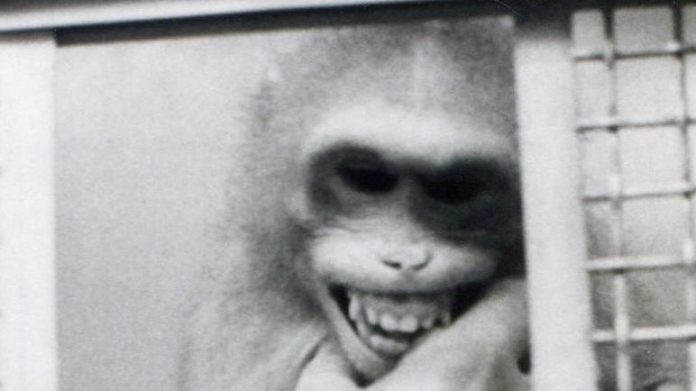The number of monkeys used in medical and pharmaceutical research in Germany is reportedly rising, despite the government’s pledge to restrict animal testing.
Citing government figures that were sent to the European Commission, the Neue Osnabrücker Zeitung newspaper reported on December 20 that nearly 2.8 million animals were used in scientific experiments and tests in Germany in 2017.
As reported by Deutsche Welle (DW), Germany’s international broadcaster, the vast majority of the animals involved in the tests were rodents, with some 1.37 million mice and 255,000 rats used.
Another 240,000 fish were also used, along with 3,300 dogs and 718 cats, according to the figures from the agriculture ministry.
The number of monkeys used in experiments went up sharply in 2017 — up to 3,472 from 2,462 in the previous year.
According to DW, monkeys are primarily used in medical research, due to their similarities to humans — although the types of primates permitted for animal testing in Germany is limited.
Researchers are barred from using great apes like chimpanzees, orangutans, and gorillas in experiments, with the last tests having taken place in 1991.
Some 50% of the animals were used for “basic research” looking into areas in the animals’ immune systems and nervous systems, according to the German government.
Another 27% were used to test or produce medication and other pharmaceutical drugs, while some 15% were used in experiments on human and animal illnesses.
According the ministry, 740,000 animals were killed to use their organs or cells for further research.
In an interview with Neue Osnabrücker Zeitung, Germany’s Agriculture Minister Julia Klöckner said the government is committed to lowering the figures and adapting German laws to comply with EU directives.
“I want the number of experiments on animals to be continuously reduced. Animals are fellow creatures and they deserve our sympathy,” Klöckner said.

